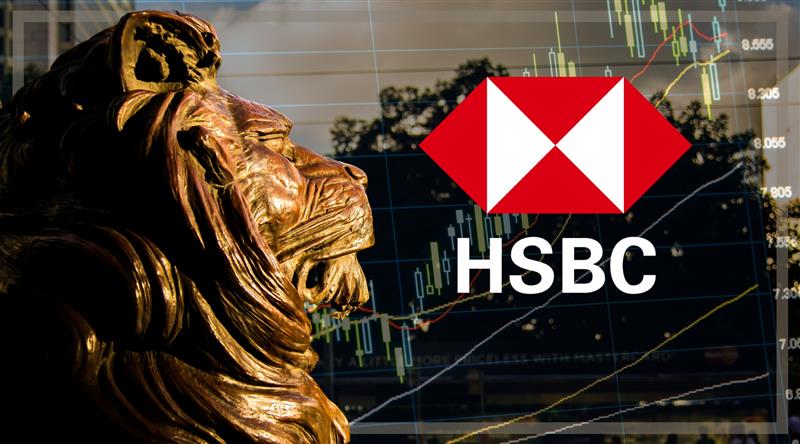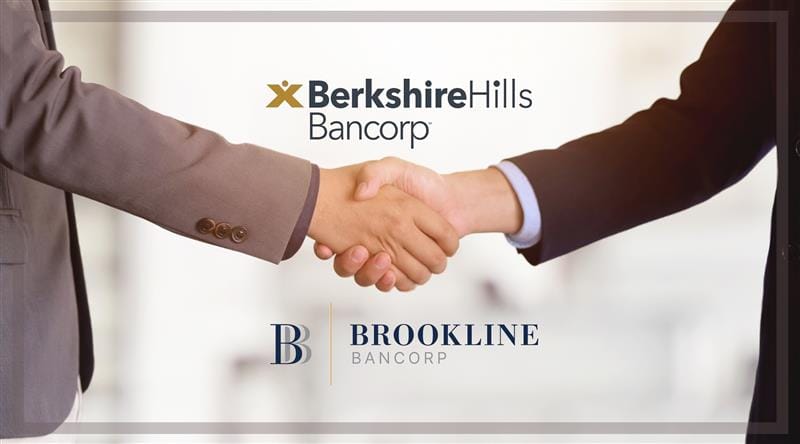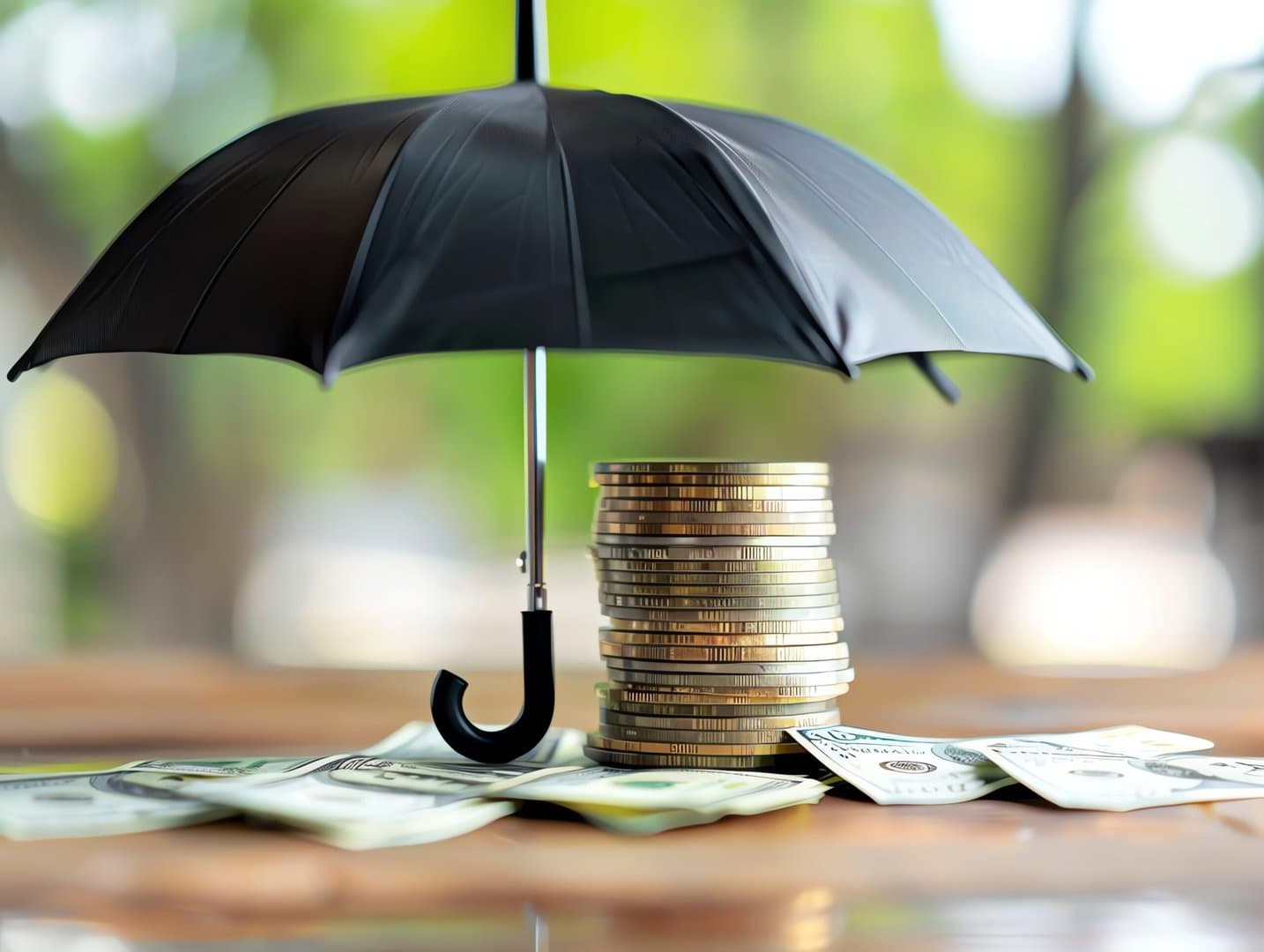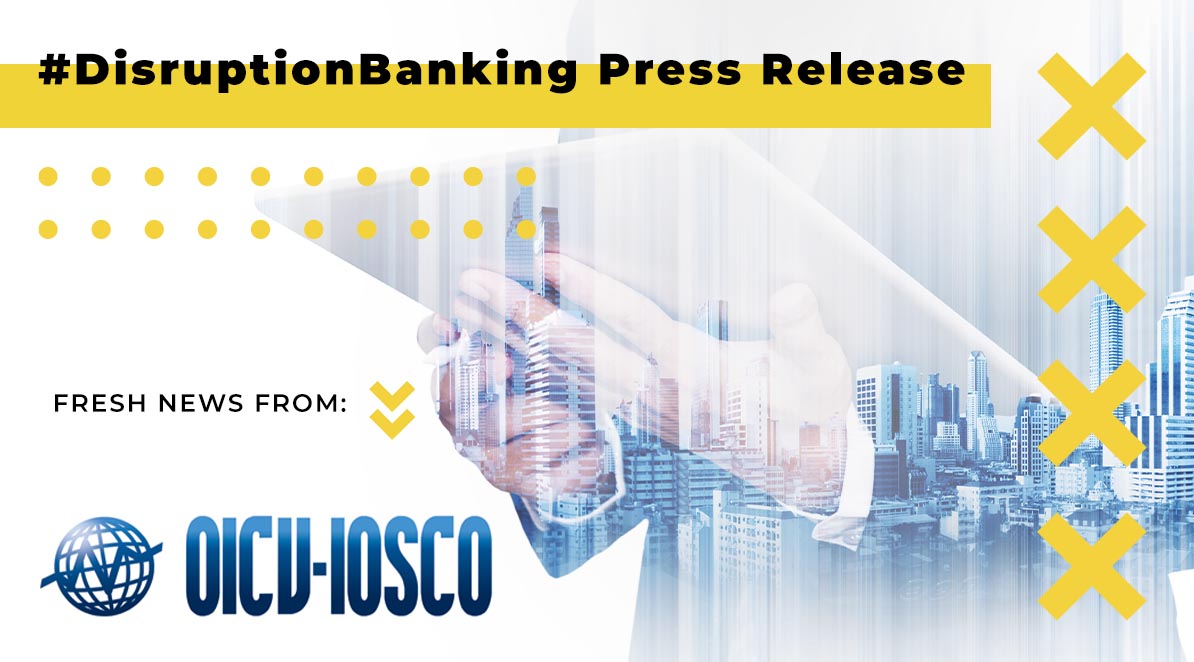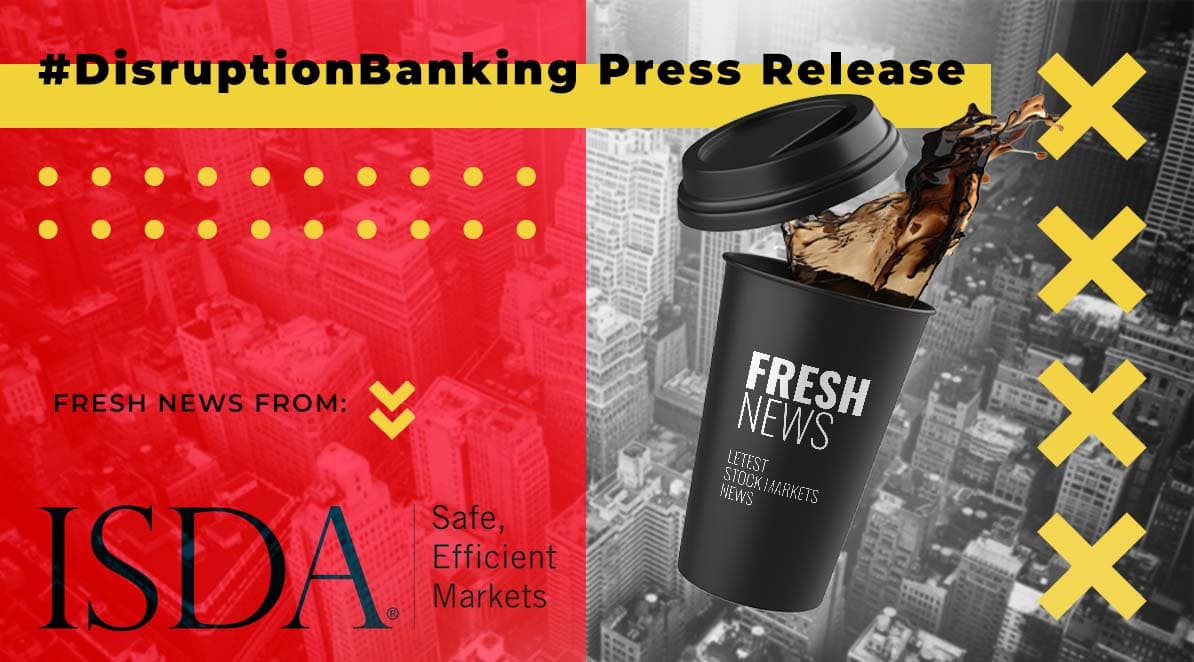HSBC, one of the world’s leading banking giants, has made news with the announcement of a $3 billion share buyback program following a stellar Q3 performance. HSBC reported a 10% increase in pre-tax profit to $8.5 billion for the third quarter of 2024, up from $7.7 billion in the same period the previous year. This robust performance underscores the bank’s financial health and strategic commitment to enhancing shareholder value. This buyback, beyond just a financial maneuver, is a clear statement about HSBC’s confidence in its growth and the broader market’s stability.
HSBC’s $3 billion share buyback is great news for shareholders too. Here’s why: when a company buys back its shares, it reduces the total number of shares available. That means each remaining share becomes more valuable. For HSBC, this increases something called earnings per share (EPS), which is a key number that shows how much profit each share represents.
HSBC announced a $3bn share buyback as the bank’s profits far exceeded expectations, in its final set of earnings under chief executive Noel Quinn. #bankinghttps://t.co/7AaHK54WkG
— #DisruptionBanking (@DisruptionBank) July 31, 2024
At time of writing, HSBC Holdings plc (HSBC) is trading at approximately $45.74 per share and some experts suggest a potential increase to around $47 by early 2025. “There was strong revenue growth and solid results in wealth management and wholesale transaction banking,” said Chief Executive Officer Georges Elhedery. This was his first financial report since becoming the head of the British bank on September 2.
“HSBC’s third-quarter results were solid, with no major surprises,” further noted Michael Makdad, senior equity analyst at Morningstar.
Buybacks also send a strong message to the market. They show that the company is confident about its future. By committing $3 billion to this program, HSBC is essentially saying, ‘We’re in good shape, and we believe in what we’re doing.’ That kind of confidence can attract new investors and reassure existing ones.
Another benefit for shareholders is that buybacks reduce dilution. Some companies issue more shares to raise money, which can lower the value of existing shares. HSBC’s decision to buy back shares ensures that investors’ stakes hold their value — or even grow.
For long-term investors, this move shows that HSBC is committed to rewarding them while keeping the company financially strong. It’s not just a quick win; it’s part of a bigger plan to keep shareholders happy over time. According to Richard Hunter, head of markets at Interactive Investor, “The announcement of a further share buyback leaves little for detractors to focus on, despite a couple of minor misses.”
Why Is HSBC Doing This?
This buyback is more than just a nice gesture — it’s a smart business move. HSBC had a strong Q3, reporting $8.48 billion in pretax profits, up 9.9% from the same time last year. The bank also brought in $17 billion in revenue during that period and has a healthy CET1 ratio of 15.2%, which shows it has plenty of reserves.
Instead of letting that extra cash sit around, HSBC is using it to reward shareholders. This is also a way to keep up with the competition. Other big banks like Citigroup and JPMorgan have been running similar programs, and HSBC doesn’t want to fall behind.
The buyback also helps HSBC repair its relationship with investors. Back in 2020, the bank faced backlash for cutting dividends during the pandemic. This move shows that HSBC is serious about making things right and earning back trust.
There’s also a practical reason for the buyback. By reducing the number of shares, the bank can boost its financial metrics, like EPS, which investors use to measure performance. This makes HSBC more attractive to potential investors.
HSBC has announced up to $3bn in additional share buybacks, taking total buybacks to $7bn this year, as the bank said higher interest rates were continuing to boost its growth. #bankinghttps://t.co/XpgtoX18F9
— #DisruptionBanking (@DisruptionBank) October 30, 2023
Finally, HSBC’s recent share buyback aligns with its strategic focus on Asia, a region that significantly contributes to the bank’s profitability. In the third quarter of 2024, Asia accounted for approximately 45% of HSBC’s profits. Rewarding shareholders now keeps them on board as the company focuses on long-term growth.
As Richard Hunter further noted, “in terms of growth, the group is still in the process of exiting less profitable regions. Apart from this, HSBC is moving to concentrate on value creation and has already undertaken any number of initiatives, […] particularly in the potentially rewarding area of its wealth business in Asia generally.”
How Does This Compare to Other Banks?
HSBC isn’t the only bank buying back shares. Citigroup recently repurchased $982 million worth of its shares as of September 30, 2024. In the second quarter of 2024, Citigroup repurchased $111 million worth of shares, and in the first quarter of 2024, the buyback amount was $413 million. Similarly, JPMorgan recently repurchased $6.361 billion worth of its shares. In the second quarter of 2024, JPMorgan repurchased $5.336 billion worth of shares, and in the first quarter of 2024, the buyback amount was $2.832 billion.
HSBC is revamping parts of its investment bank in a move that will make it look more like rivals such as Citi. #investmentbankinghttps://t.co/GdyvmeR1Oz
— #DisruptionBanking (@DisruptionBank) July 10, 2024
Research indicates that companies implementing regular stock buyback programs often experience enhanced stock performance compared to those that do not. For instance, a study by Goldman Sachs projected that U.S. share buybacks would exceed $1 trillion in 2025, driven by strong earnings growth and favorable financial conditions. By joining this trend, HSBC is positioning itself as a strong player in the global banking sector.
In February 2024, Barclays announced a share buyback program valued at £1 billion (approximately $1.3 billion) to enhance shareholder value. Compared to that, HSBC’s program looks even more impressive, highlighting its financial strength.
What makes HSBC stand out is its timing. Rolling out a buyback now shows that the bank is optimistic about the economy, even with challenges like rising interest rates.
Neil Wilson, chief market analyst at Markets.com, pointed out, “HSBC’s recent strategic decisions reflect confidence not just in its own operations but also in the broader financial stability of its markets,” as supported by Fitch Ratings’ Action Commentary last year.
Buybacks also signal confidence, which can attract institutional investors. According to research by author and founder of Liberated Stock Trader Barry D. Moore, “buybacks can boost earnings per share (EPS) […]. This often leads to an increase in the share price, signaling confidence to investors.”
What About the Long-Term Impact?
While buybacks are good for short-term gains, they also have long-term effects. HSBC needs to balance rewarding shareholders with keeping enough money for future challenges and growth.
The good news is that HSBC seems to have thought this through. Its CET1 ratio of 15.2% gives it a solid safety net in case of economic trouble. But with global economic growth expected to slow to 2.7% in 2025, the bank will need to stay cautious.
At the same time, HSBC’s buyback strategy fits into a larger plan. The bank has set a target dividend payout ratio of 50% for 2023 and 2024, excluding material notable items, balancing shareholder returns with strategic investments in growth areas such as green finance and digital banking.
One risk is that new regulations could affect how banks handle their capital. The Basel Committee has finalized banking regulations set to take effect in 2025, which are likely to influence HSBC’s resource allocation and capital management strategies to ensure compliance and maintain financial stability. For now, though, the bank seems well-prepared.
This buyback also strengthens HSBC’s reputation with investors. A 2023 Schroders Institutional Investor Study found that 64% of institutional investors cited long-term financial returns as a primary driver for investing in sustainable and impact strategies.
But it’s not just about the here and now. The real question is how this move will impact HSBC’s future. Can the bank keep delivering value to investors while staying competitive in a tough global market?
For now, though, the message is clear: HSBC believes in itself, and it wants its shareholders to believe too. As HSBC Group Chief Executive Officer (CEO) Georges Elhedery puts it, “We delivered another good quarter, which shows that our strategy is working”
For shareholders, this buyback is both a reward and a signal that HSBC is on the right track and thinking big for the future.
Author: Richardson Chinonyerem
#Banking #HSBC #ShareBuyback #StockMarket


